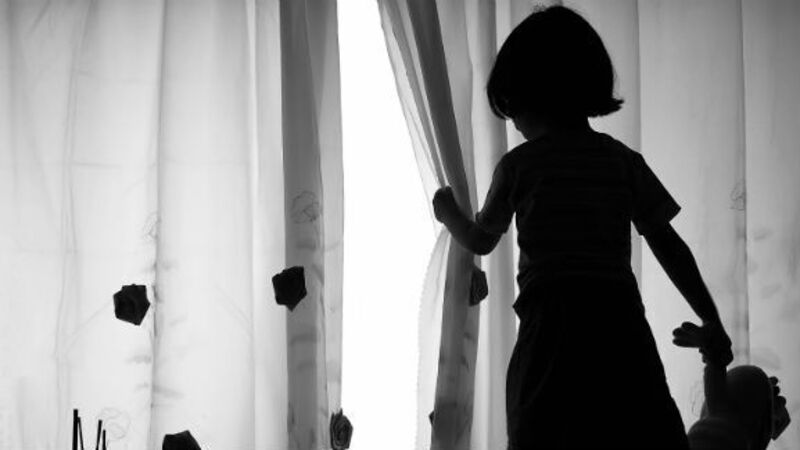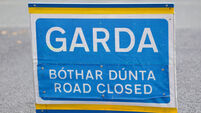Refugee children experiencing nightmares and emotional turmoil

A new report has found that bed wetting, nightmares, difficulties sleeping and emotional turmoil are issues affecting refugee children who fled to Ireland from war-torn Syria. It found supports for the children and their parents tend to be haphazard, with training in trauma-awareness not routinely available to the different professionals who work with them.
The report concludes the children face considerable challenges upon arrival in Ireland and need greater support from schools, youth services and communities.













